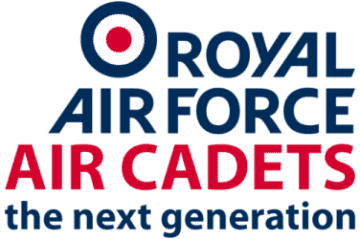The RAF are on a mission to reduce carbon emissions and achieve Net Zero by 2040.
We all have a responsibility to reduce our environmental impact and prevent climate change. The RAF have a strategy of initiatives and projects to strive towards sustainability and lower its carbon footprint, while maintaining operational effectiveness - a few of which include:
- Using sustainable and synthetic fuels for aircraft
- Upgrading equipment with hydrogen and electric alternatives
- Developing electric aircraft
- Introducing environmental strategies
- Developing Station nature conservations
- Using alternative energy resources
- Ensuring infrastructure is modern, well insulated and maintained
- Spreading the ‘reduce, reuse and recycle’ message
- Minimising work travel
- Reducing single-use plastics
Why go green?
We are dependent on the ecosystem to succeed but the world is gradually becoming more damaged by human activity We need to use our power to maintain the environment, improve its condition, and enhance the ecosystem before it is too late.
The Net Zero strategy will ensure the Next Generation of RAF are prepared and can continue achieving its primary mission to deliver operations and protect our people. The RAF must see how climate change impacts our people and equipment; working to reduce its reliance on fossil fuels, as resources become scarcer and cause environmental damage.
"Climate change is a transnational challenge which threatens global resilience and our shared security and prosperity. I am determined to tackle this head on and have set the Royal Air Force the ambitious goal to be Net Zero by 2040. The way we power our aircraft will be a big part of achieving that goal, and this exciting project to make aviation fuel from air and water shows how it might be done."
Air Chief Marshal Sir Mike Wigston
Chief of the Air Staff
Project MARTIN
The RAF, in collaboration with Zero Petroleum, have won a Guinness World Record for the world’s first successful flight using only synthetic fuel.
‘Project MARTIN’ explores the use of Sustainable Aviation Fuels as a possible solution to the reducing fossil fuels. Group Captain Hackett successfully flew the Ikarus C42 microlight aircraft, powered by synthetic UL91 gasoline at Cotswold Airport, to test the theory.
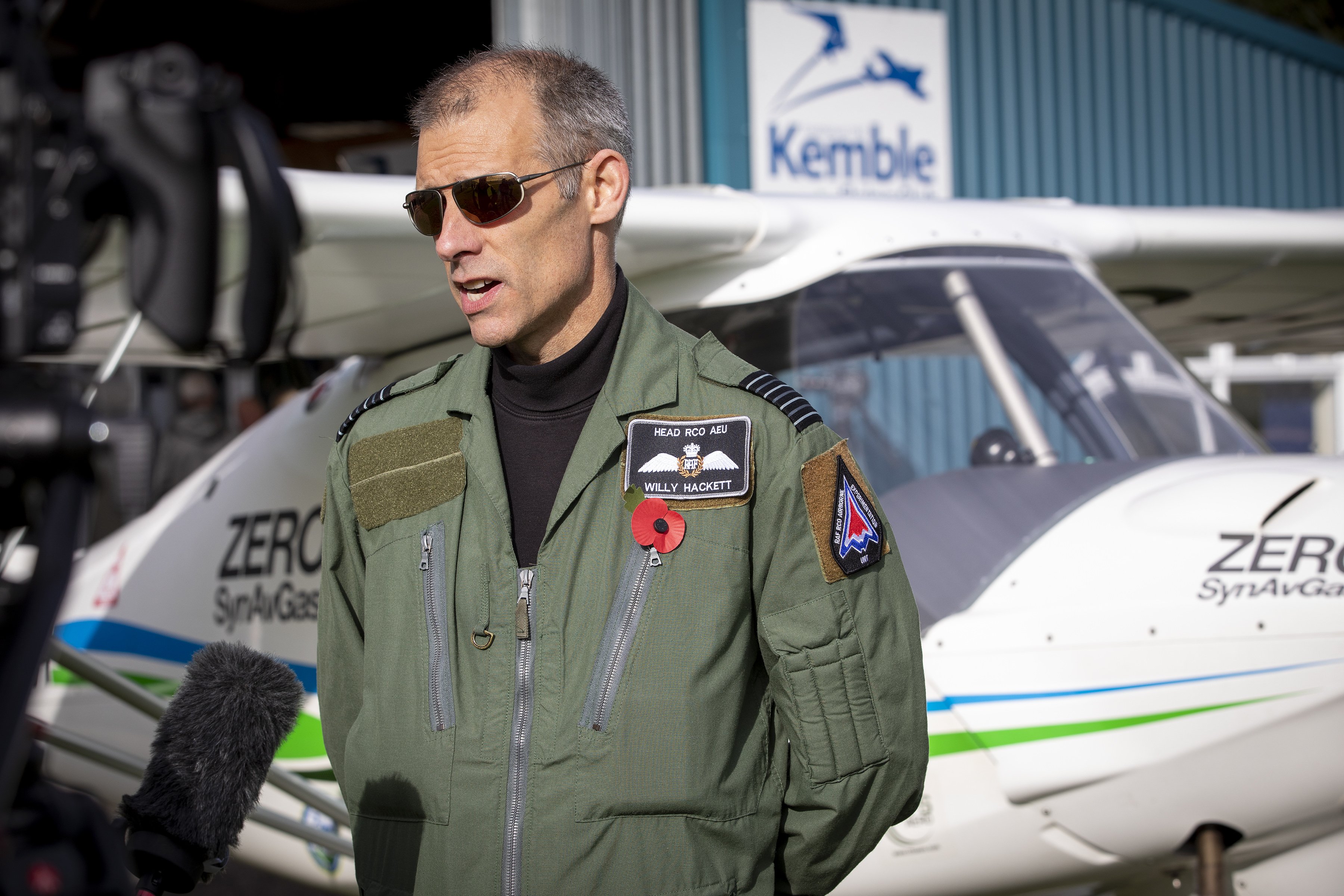
This is a huge step towards greener flight, lowering the RAF’s carbon footprint with alternative fuels that are readily available and more eco-friendly.
"This is a world first ‘innovation’. It shows the determination of UK Armed Forces to drive forward creative ideas on Net Zero alongside meeting operational commitments."
Jeremy Quin
Minister for Defence Procurement
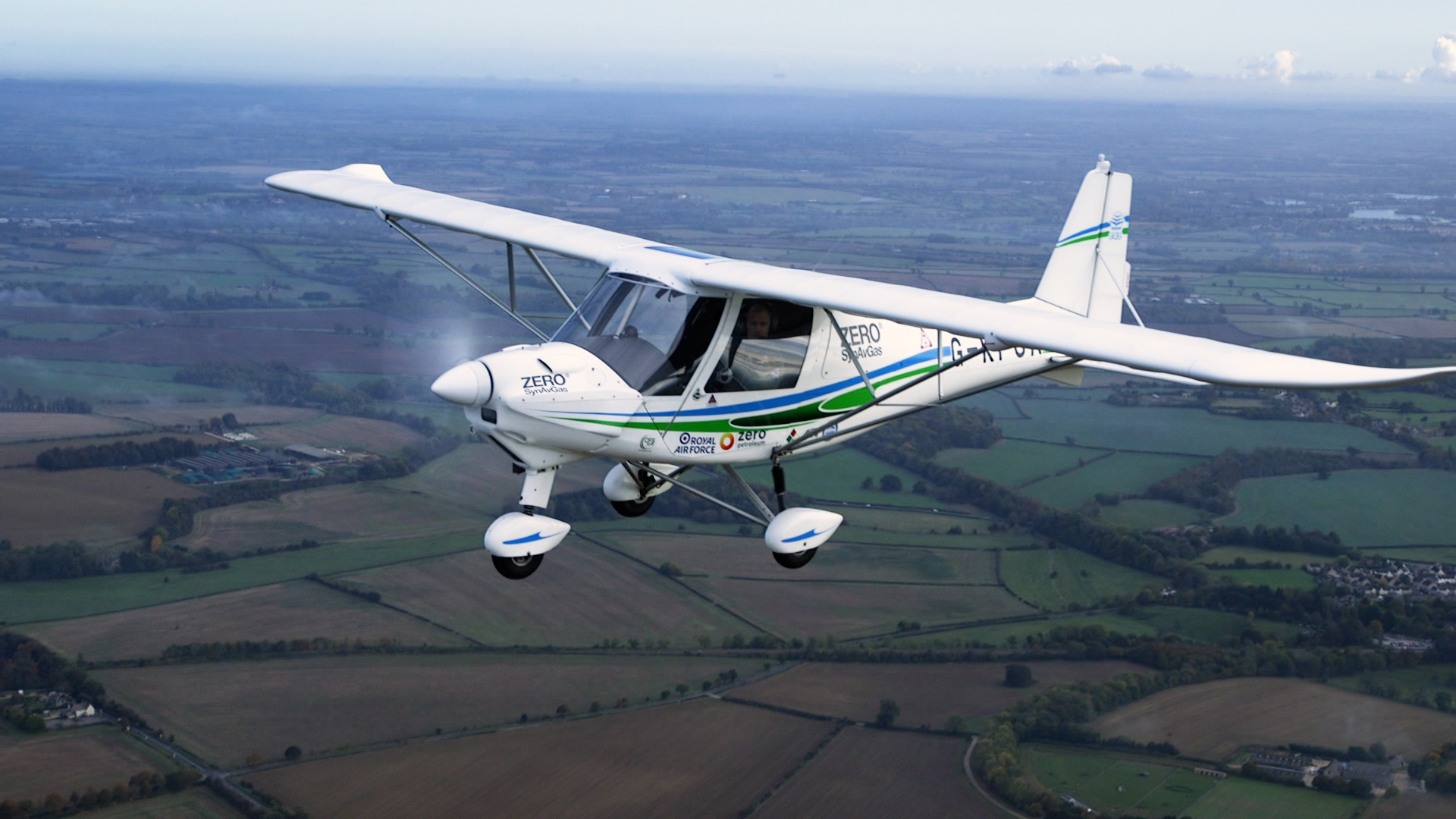
The synthetic fuel is manufactured by extracting hydrogen from water and carbon from atmospheric carbon dioxide, which is then combined using energy generated from renewable sources. It has the potential to save between 80% to 90% of carbon per flight without compromising aircraft performance.
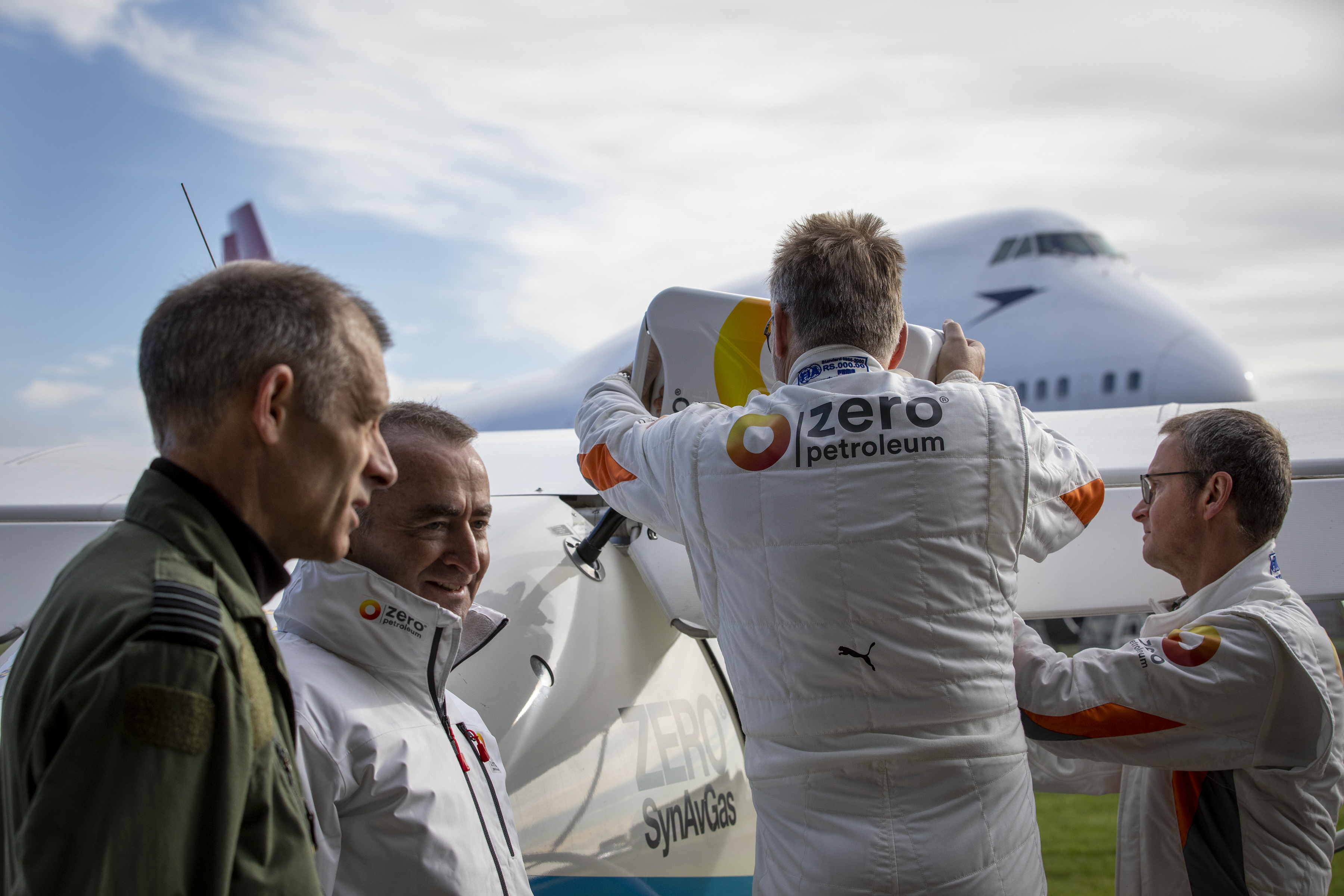
The team behind Project MARTIN received a Guinness Book of Records Award for their pioneering work, with the Chief of the Air Staff, Air Chief Marshal Sir Mike Wigston also in attendance.
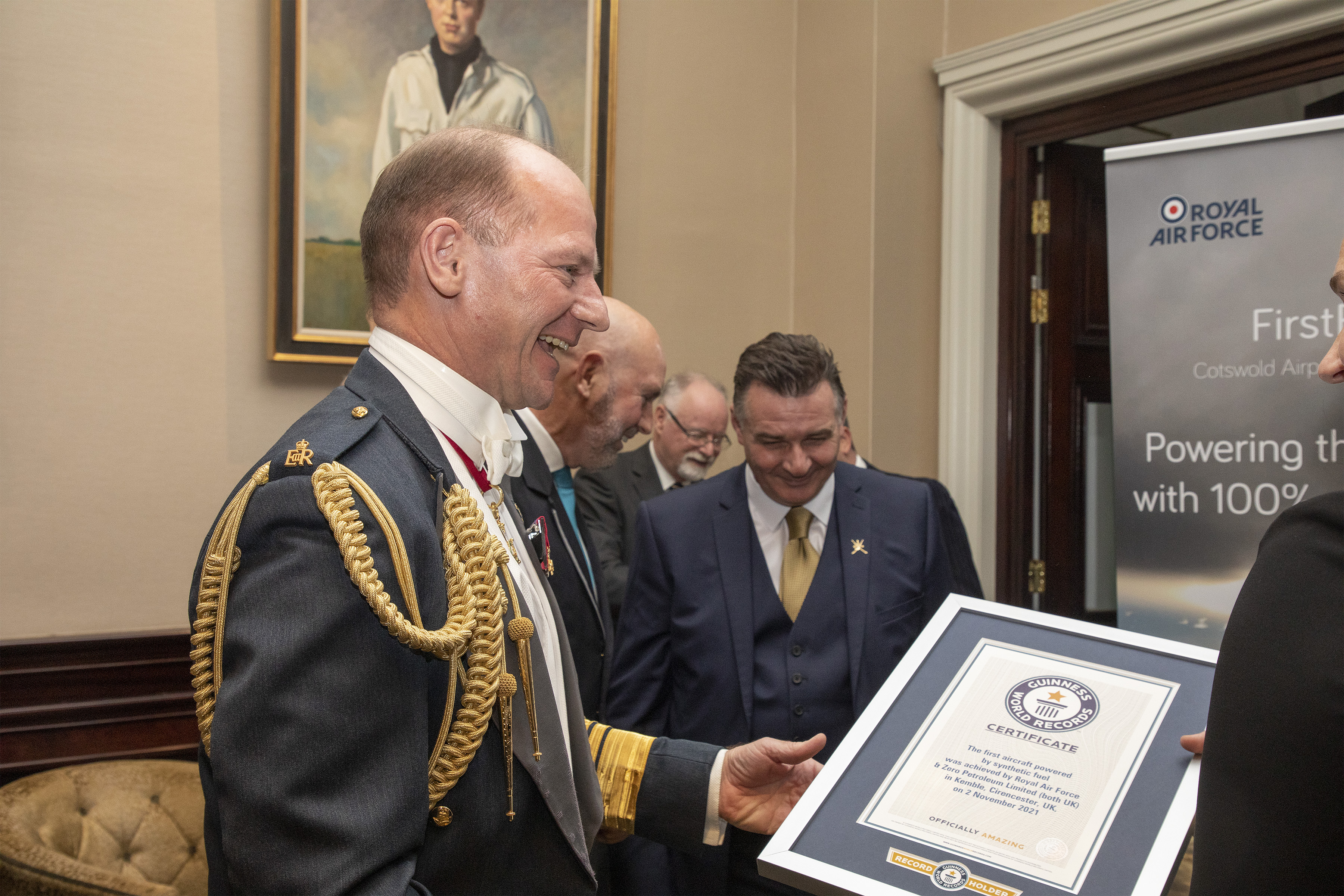
Project VITAL
RAF Leeming is growing into a ‘Living Laboratory,’ to tackle carbon emissions and explore sustainable technologies that will resolve environmental challenges in the future.
Several experiments as part of 'Project VITAL,' look to find ways of locally reducing and recapturing carbon from the atmosphere with moss walls, plants, and geothermal and solar energy. The initiative also explores how methods can be replicated across RAF Stations, to maximise the strive to achieve Net Zero by 2040. Other strategies include improving heating to infrastructure and using sustainable transport to replace diesel vehicles with electrical equivalents.

